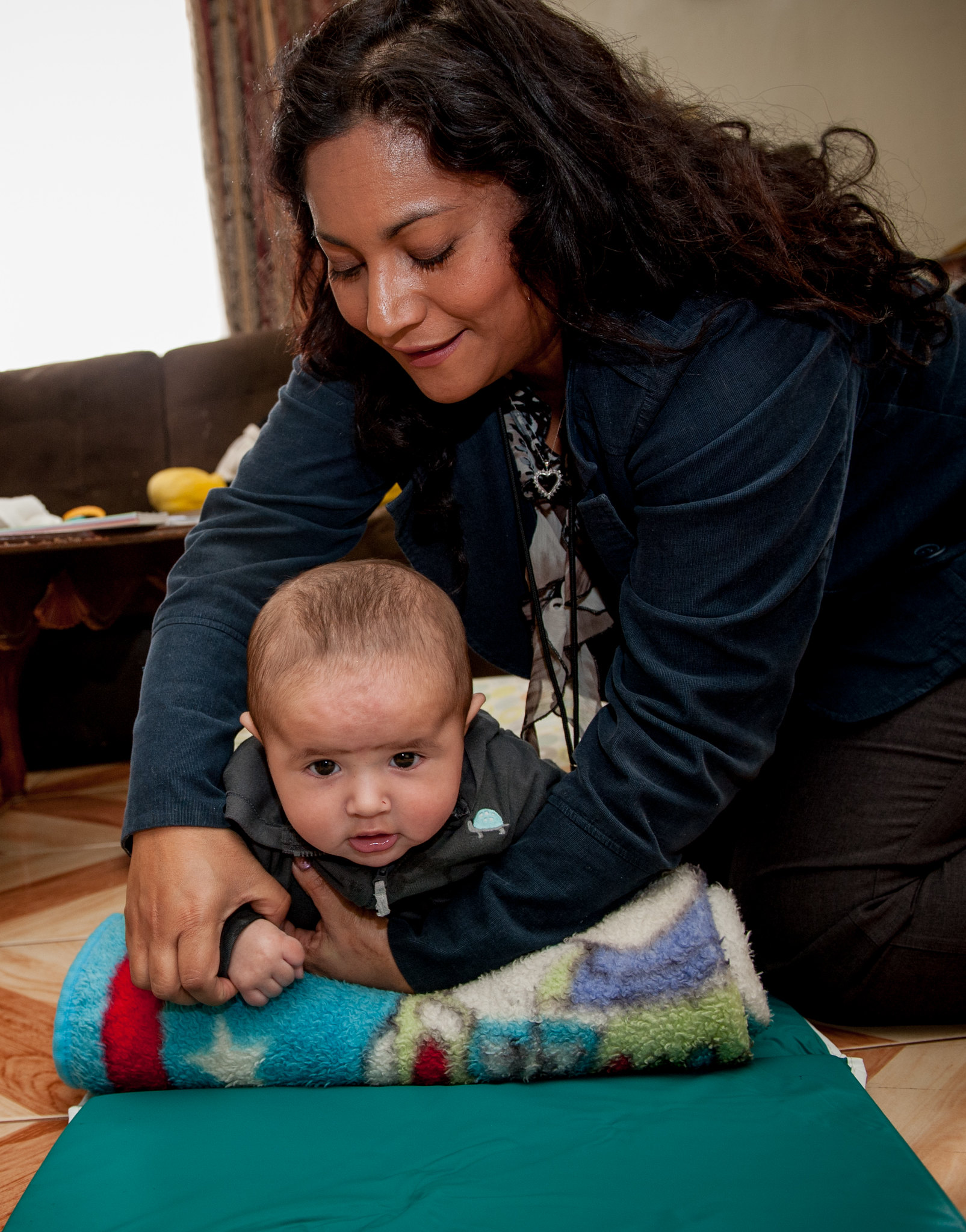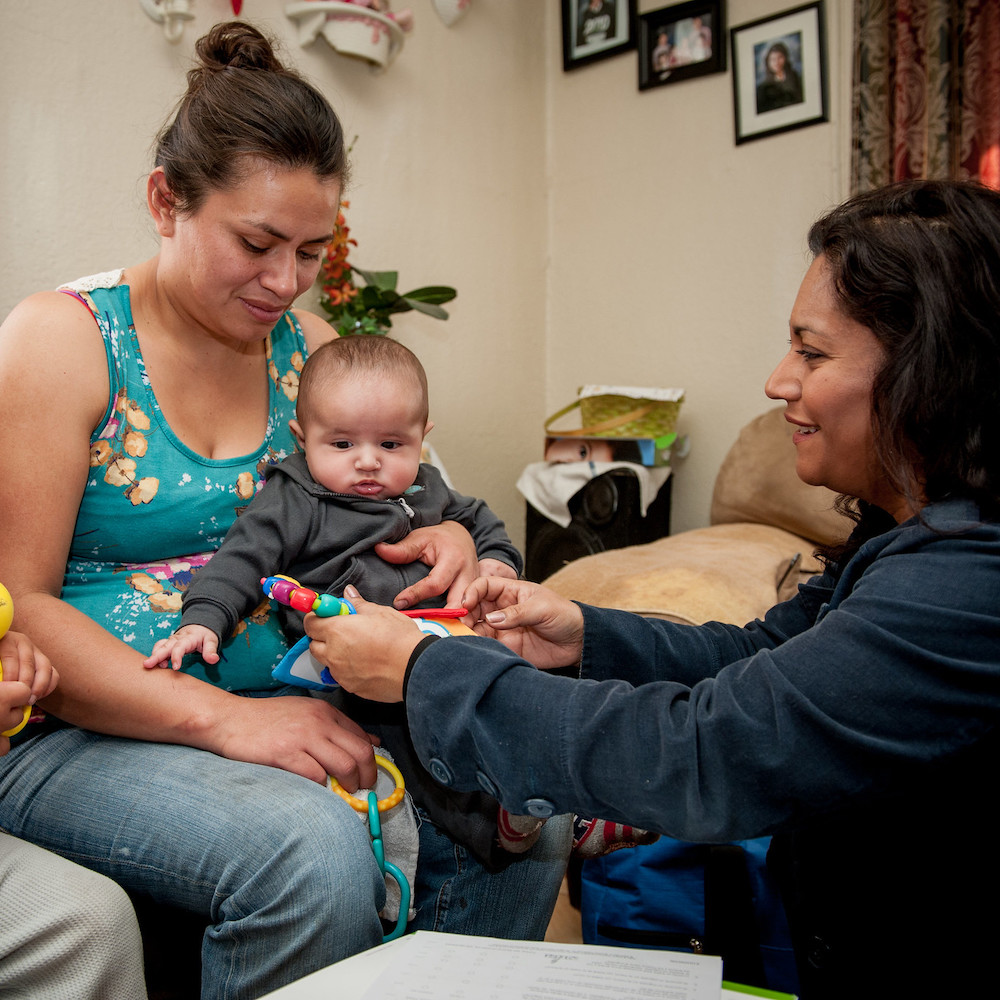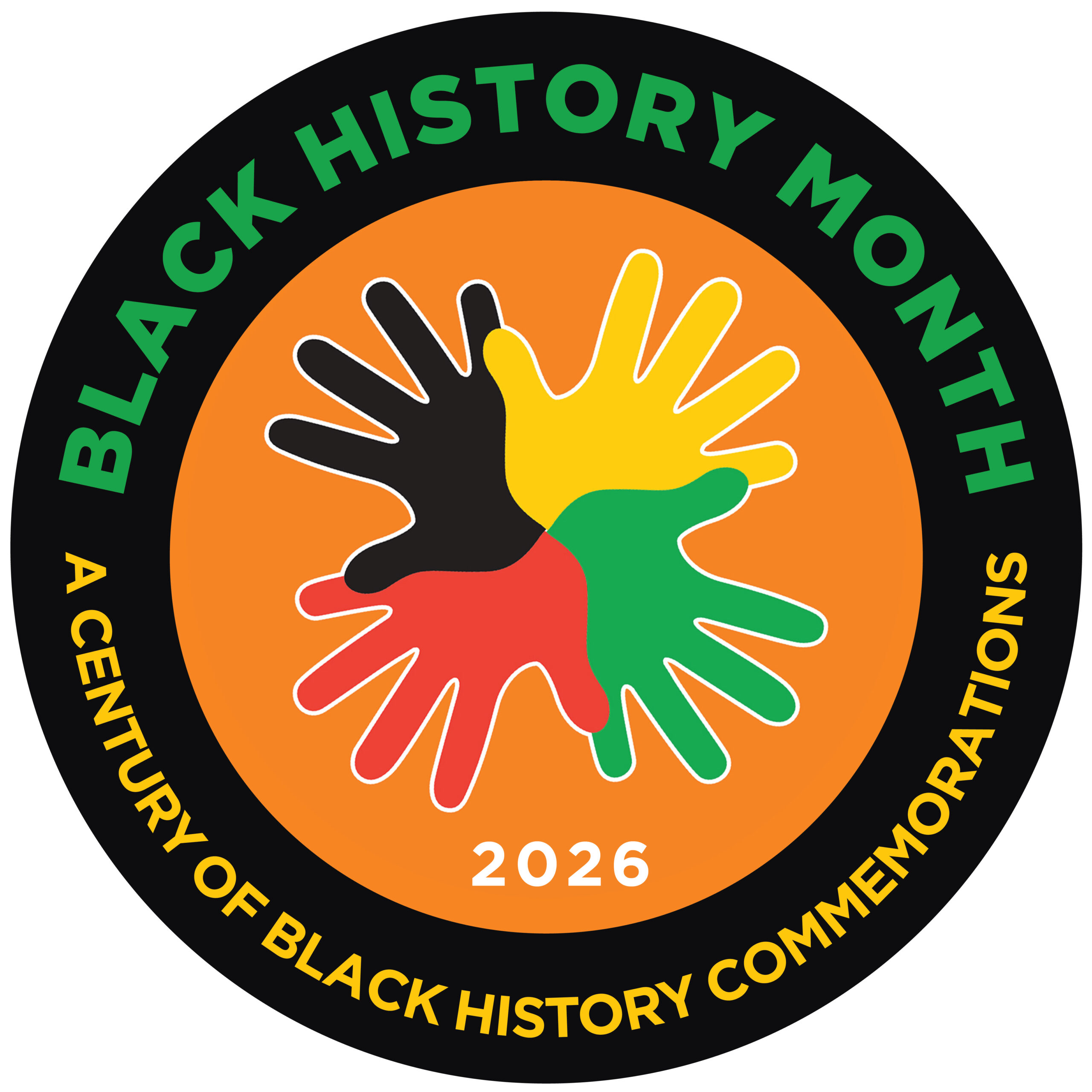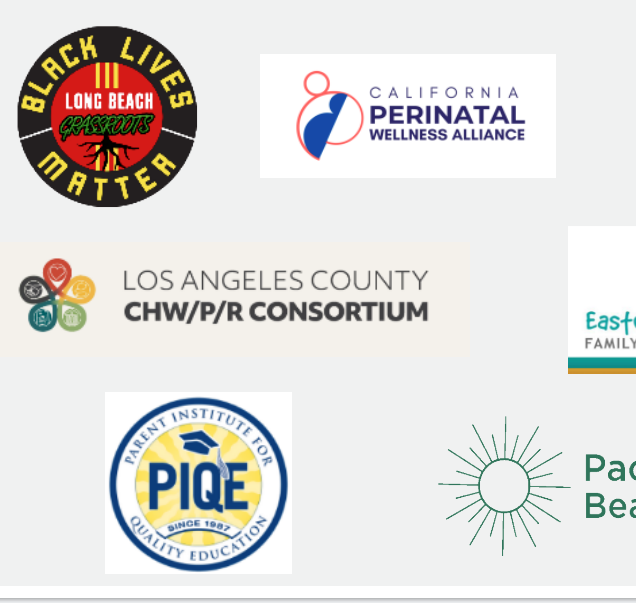How do you sum up the work of the First 5 LA’s Family Supports Department during the COVID-19 pandemic?
One word: Connection.
With vulnerable families facing fewer supports and increasing stressors like isolation, illness, financial insecurity and school closings, their continued connection to crucial supports like home visiting is critical — a fact recognized early in the pandemic by Senior Program Officer Diana Careaga and her teammates in First 5 LA’s Family Supports Department.
First 5 LA has been a leading advocate and funder of voluntary home visiting services. A home visitor provides educational supports to help parents be their child’s best teacher, assesses family and child needs, connects the family with additional social, medical and mental health services, as appropriate, and builds community-level social connections.
Diana answered a few questions that illustrate how the Family Supports department quickly pivoted in their work with dozens of organizations to ensure that First 5 LA’s home visiting programs continued to bolster family well-being by surveying family needs, providing virtual home visits, lending emotional support, connecting to concrete services, and delivering emergency supplies to thousands of families throughout Los Angeles County.
***
Q. Why is home visiting more important than ever during the COVID-19 pandemic?
A. Families are now more isolated at home, with less support than usual, and experiencing new stressors: illness, unemployment, financial insecurity, school closings. Home visiting services play a critical role in connecting families to emotional support and concrete services. Home visitors are able to stay connected remotely and deliver emergency supplies – which are essential to family well-being. Sites have adjusted by providing more flexibility, allowing evening visits as families find themselves needing to focus on children and school work in the daytime (This applies to the home visitors themselves too!). Families have expressed gratitude for the emotional connection with their home visitor, as well as the materials being provided.
Q. How has the pandemic altered First 5 LA’s approach to its home visiting work?
A. The Family Supports team has worked with over 35 organizations to support the incredible pivot of home visiting providers to virtual home visits within a short period of time. F5LA leadership worked alongside, quickly supporting the transition and providing funding guidelines for sites to acquire the needed technology. This transition has also included working with the national home visiting programs to ensure model fidelity, while identifying and elevating critical technical assistance on how to conduct virtual home visits. Virtual home visits have been conducted using platforms such as Zoom, Facetime, WebEx, Teams, WhatsApp, Google Meet and Doxy. We have maintained a constant communication loop with providers. This has ranged from conducting a biweekly survey of on-the-ground practices as the situation evolves to responding to emerging training needs.
We’ve also seen how the work of home visitors themselves has shifted dramatically. It’s required them to find a dedicated, confidential space at home from which to conduct virtual visits – even when they themselves may be helping their children in “school” at home. It means that while evening visits were not previously the norm for safety reasons, many families and home visitors find it far easier now to schedule visits later in the day. Productivity and number of visits have definitely increased! Yet, it also means that a typical hour-long visit may now take up to two televisits to complete, to account for the many distractions and responsibilities families are handling.
This also includes access issues for families, who may have limited computers or laptops at home now shared across family members for work and school. Families already enrolled, however, have been very open and appreciative of virtual visits and the connections it brings; those with internet access challenges have been participating via phone calls instead.

Newly enrolled families are also having a different experience. For example, in the Welcome Baby program, enrollment in the hospitals has changed. Some hospitals have limited access to patient rooms; instead of bedside enrollment, program staff will call moms via the hospital’s room phone to introduce the program, conduct their visit, and explain the virtual postpartum visits. Hospital staff will walk consent forms in to the patient, too, and if a mom is not answering the phone, will let her know the Welcome Baby program wants to talk to her. Flexibility has been key for both home visitors and families.
Q. How are you engaging our partners to address inequities as part of our response?
A. Families are facing incredible needs in a situation that is exacerbating existing inequities, including access to basic necessities. Our home visiting providers serve as a direct link to families, not only giving them critical emotional support and connections, but elevating their needs. Our biweekly survey of providers tells us families are identifying three top needs: diapers, wipes and food. We have provided sites with flexibility and encouraged creativity in addressing needs. Providers have been using home visitors and outreach staff to drop off needed resources at the front door of clients. Families have expressed deep appreciation at receiving educational kits for children and desperately needed diapers. Providers are also arranging delivery of food for families directly affected by COVID-19.
Q. Are there other examples of stronger coordination and integration within First 5 LA and with external partners that you’d lift up?
An unexpected opportunity emerged to distribute diapers to families in need, an intense effort between internal departments and key external partners. Led by Vice President of Programs Christina Altmayer, Communities Department Director Antoinette Andrews-Bush and myself collaborated closely with the Los Angeles County Department of Public Health (DPH) and Los Angeles Best Babies Network to take advantage of the opportunity to distribute over a million diapers from WIC and Baby2Baby. These donations will benefit over 3,500 families. This opportunity has allowed us to make new connections and work in ways we want to continue.
Q. Are there any examples of systems change that you’d like to share?
A. An example of a successful collaboration was our ability to provide consolidated enrollment guidance to home visiting grantees across funders. As a result of COVID-19, HIPAA guidelines have been modified to allow for verbal instead of written consent for program services. Our DPH home visiting partners wanted to be as flexible as possible, so we worked closely to develop aligned guidance. This is a great example of a system approach and solution, where providers are now able to follow consistent guidelines no matter their funding source.






